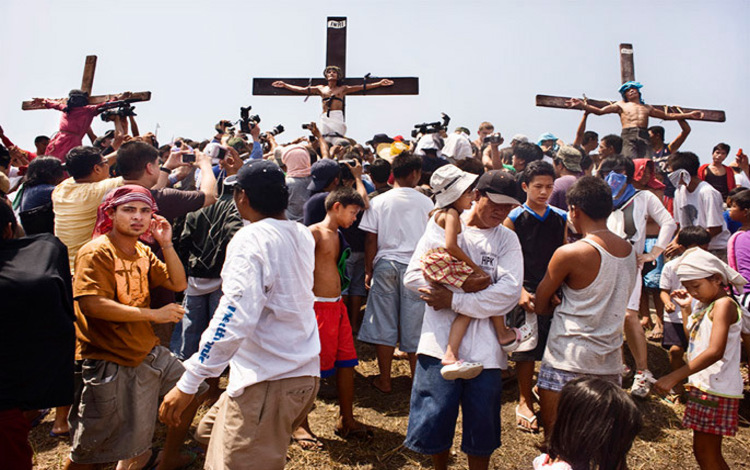During Holy Week in the Philippines, there’s a strong cultural and religious tradition that dictates certain foods are prohibited or avoided as a form of penance and spiritual reflection. This period, which encompasses the week leading up to Easter Sunday, is a solemn time for Filipino Catholics, marked by fasting, prayer, and various forms of self-discipline. Let’s delve into some of the foods that are commonly avoided during this sacred time.

1. Meat: One of the most prominent prohibitions during Holy Week is the abstention from consuming meat, particularly red meat. This tradition symbolizes sacrifice and is a way for believers to commemorate the suffering of Jesus Christ leading up to his crucifixion. Instead of meat, many Filipinos opt for seafood, vegetables, and other meat alternatives such as tofu or meat substitutes made from soy or mushrooms.
2. Poultry: Alongside red meat, poultry such as chicken and duck are also commonly avoided during Holy Week. Again, this is in line with the practice of abstaining from animal products as a form of penance and spiritual purification. Many people substitute poultry with fish or seafood dishes, which are considered acceptable alternatives during this time.
3. Rich or Luxurious Foods: In addition to specific food items, there’s also a general emphasis on simplicity and moderation in meals during Holy Week. Rich or luxurious foods that may be indulged in during other times of the year are often eschewed in favor of simpler fare. This practice reflects a focus on humility and detachment from worldly pleasures as part of the spiritual journey during this sacred period.
4. Alcohol: Another common prohibition during Holy Week is the avoidance of alcohol. This includes not only hard liquor but also beer and wine. Abstaining from alcohol is seen as a way to maintain clarity of mind and spiritual focus during this time of prayer and reflection.
5. Fasting: While not a specific food item, fasting plays a significant role in Holy Week observances for many Filipino Catholics. Some individuals choose to abstain from food altogether for certain periods, particularly on Good Friday, in solidarity with the suffering of Christ. Others may opt for partial fasting, limiting their food intake, or abstaining from certain types of food throughout the week.
The dietary restrictions observed during Holy Week in the Philippines are deeply rooted in religious tradition and serve as a tangible expression of faith, penance, and spiritual discipline. By abstaining from certain foods and practicing moderation in eating, believers seek to deepen their connection to the solemnity and significance of this sacred time leading up to Easter Sunday.
